Scientists have found a new way to eliminate plastic pollution, by using bacteria to transform plastic waste into vanilla flavoring.
Researchers have discovered that the common bacteria E. coli can be deployed as a sustainable way to convert post-consumer plastic into vanillin, a new study reveals.
Vanillin is the primary component of extracted vanilla beans and is responsible for the characteristic taste and smell of vanilla.
The transformation could boost the circular economy, which aims to eliminate waste, keep products and materials in use and have positive impacts for synthetic biology, experts say.
Plastic crisis
The world’s plastic crisis has seen an urgent need to develop new methods to recycle polyethylene terephthalate (PET) – the strong, lightweight plastic derived from non-renewable materials such as oil and gas and widely used for packaging foods and convenience-sized juices and water.
Approximately 50 million tonnes of PET waste is produced annually, causing serious economic and environmental impacts. PET recycling is possible, but existing processes create products that continue to contribute to plastic pollution worldwide.
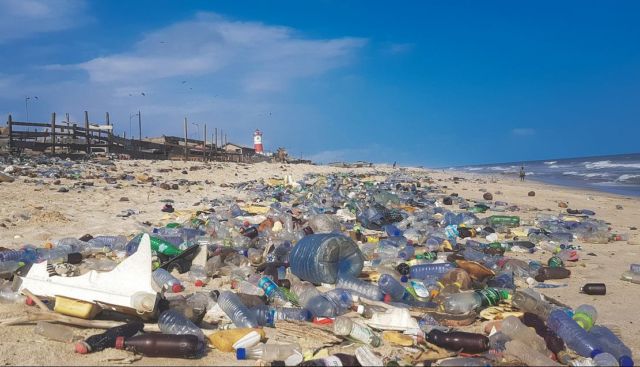 Plastic pollution in Ghana, 2018. Credit wikimedia
Plastic pollution in Ghana, 2018. Credit wikimedia
To tackle this problem, scientists from the University of Edinburgh used lab engineered E. coli to transform terephthalic acid – a molecule derived from PET – into the high value compound vanillin, via a series of chemical reactions.
The team also demonstrated how the technique works by converting a used plastic bottle into vanillin by adding the E. coli to the degraded plastic waste.
Researchers say that the vanillin produced would be fit for human consumption but further experimental tests are required.
Vanillin is widely used in the food and cosmetics industries, as well as the formulation of herbicides, antifoaming agents and cleaning products. Global demand for vanillin was in excess of 37,000 tonnes in 2018.
This is the first example of using a biological system to upcycle plastic waste into a valuable industrial chemical and this has very exciting implications for the circular economy. “The results from our research have major implications for the field of plastic sustainability and demonstrate the power of synthetic biology to address real-world challenges.
Top image credit wikimedia
source University of Edinburgh

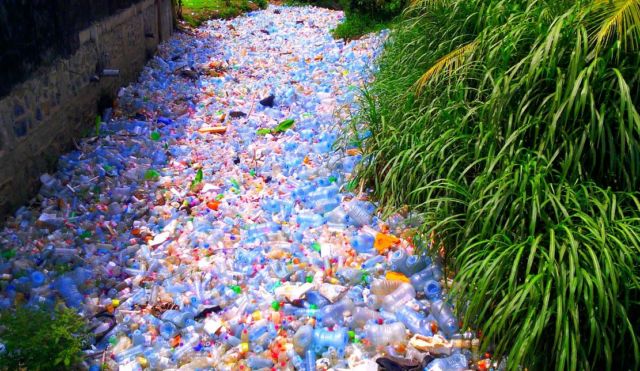
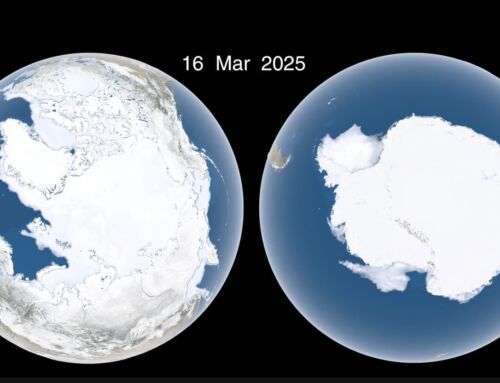
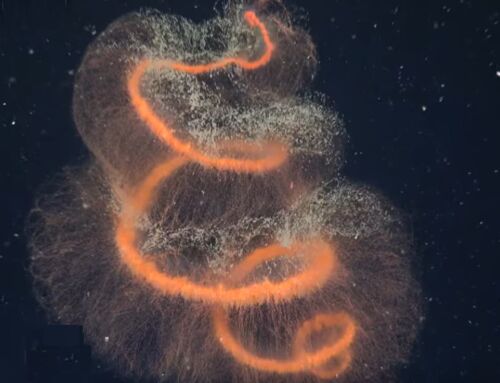
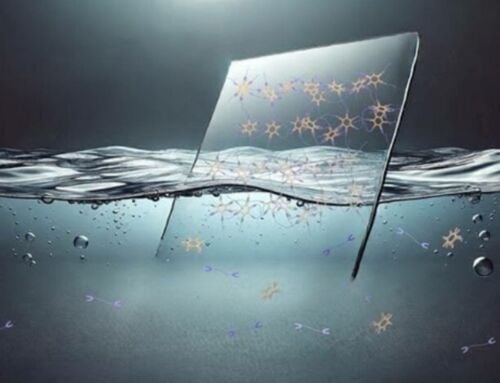
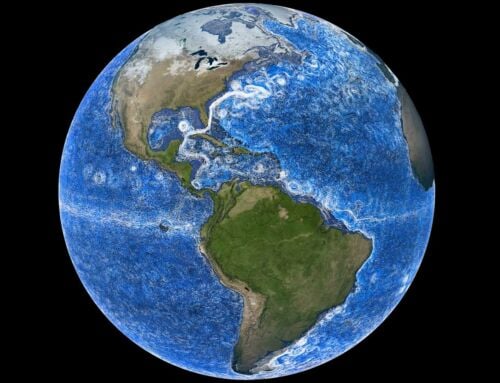
That is almost unbelievable, if the date had been the 1st of April it would have been really hard to believe…..Very well done to the people who discovered